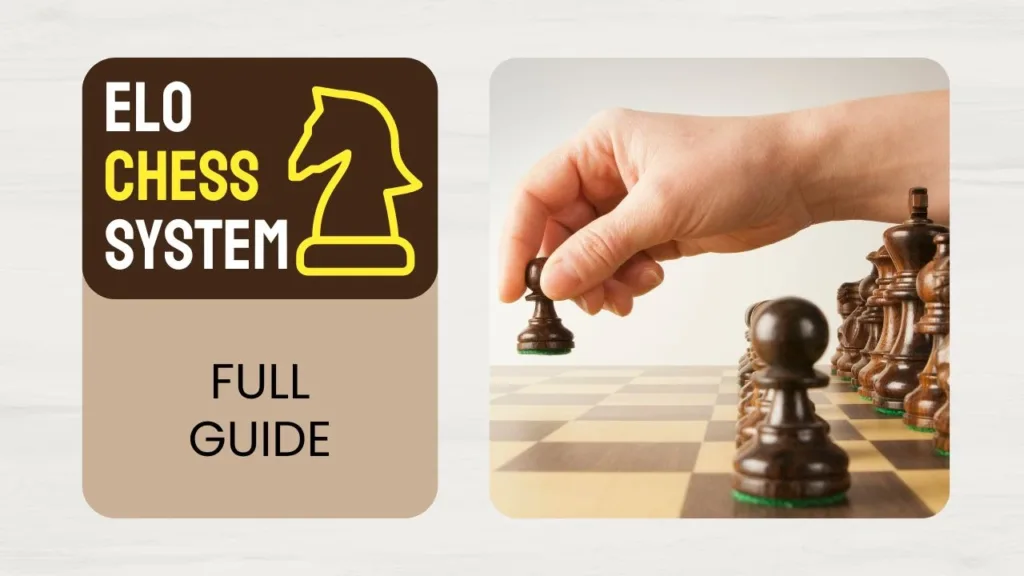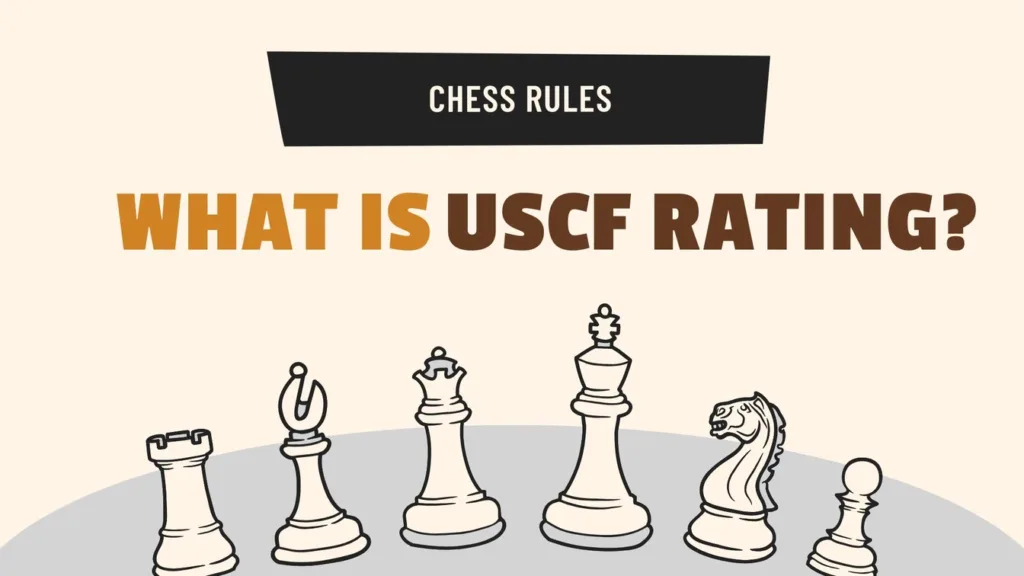chess rules
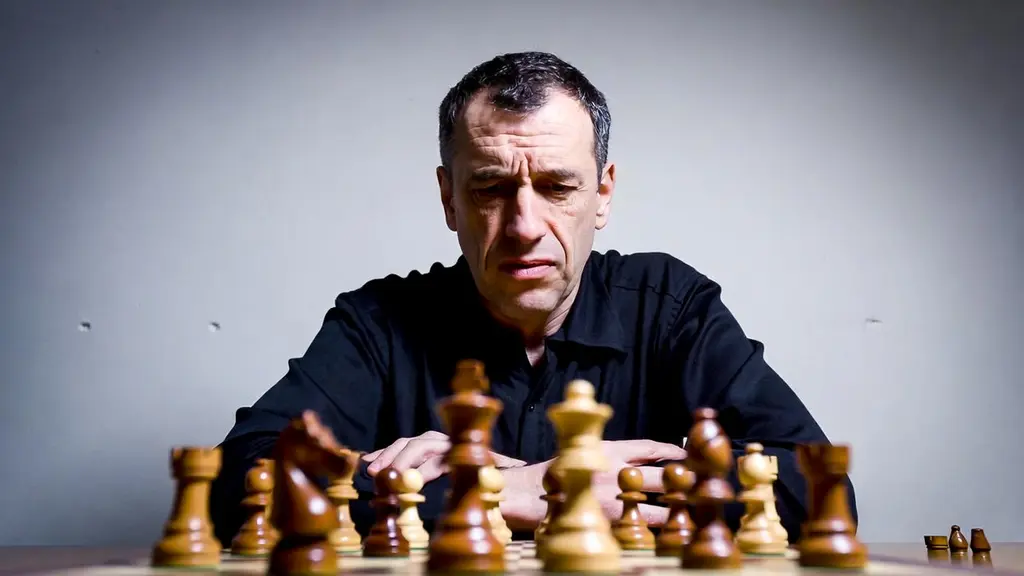
Chess 101
75-Move Rule vs 50-Move Rule in Chess: Key Differences Every Player Should Know
Chess is often celebrated as a game of infinite possibilities, but in the world of competitive play, games cannot actually...
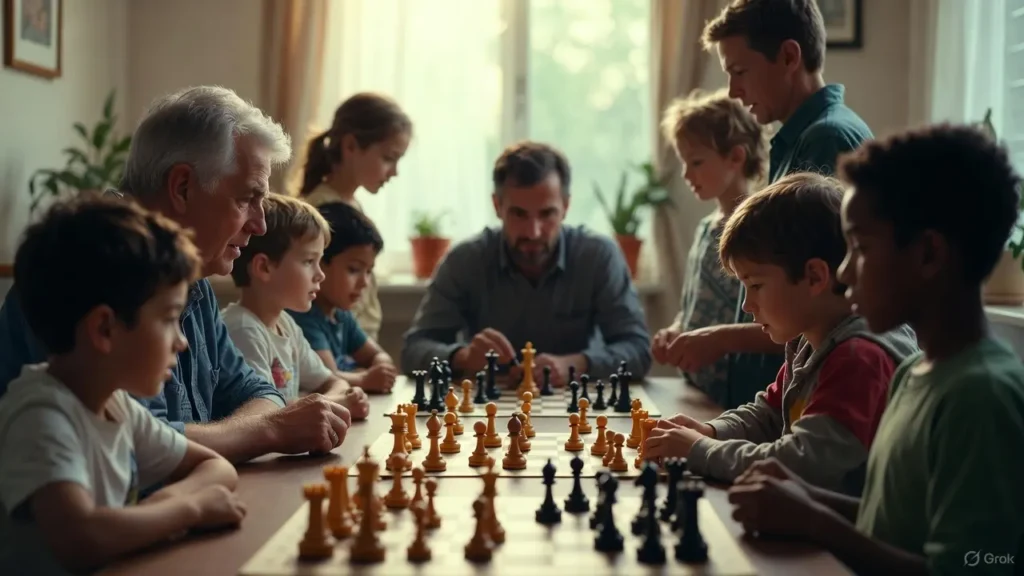
Chess 101
A Parent’s and Teacher’s Complete Guide to Teaching Chess to Children
Welcome to the wonderful world of chess! This guide is designed for any parent, teacher, or mentor who wants to...

Chess 101
All Chess Rules Explained: For Beginners, All Moves & Special Cases
A friendly, easy-to-read guide to every chess rule beginners and club players should know. Learn the basic moves, special rules,...
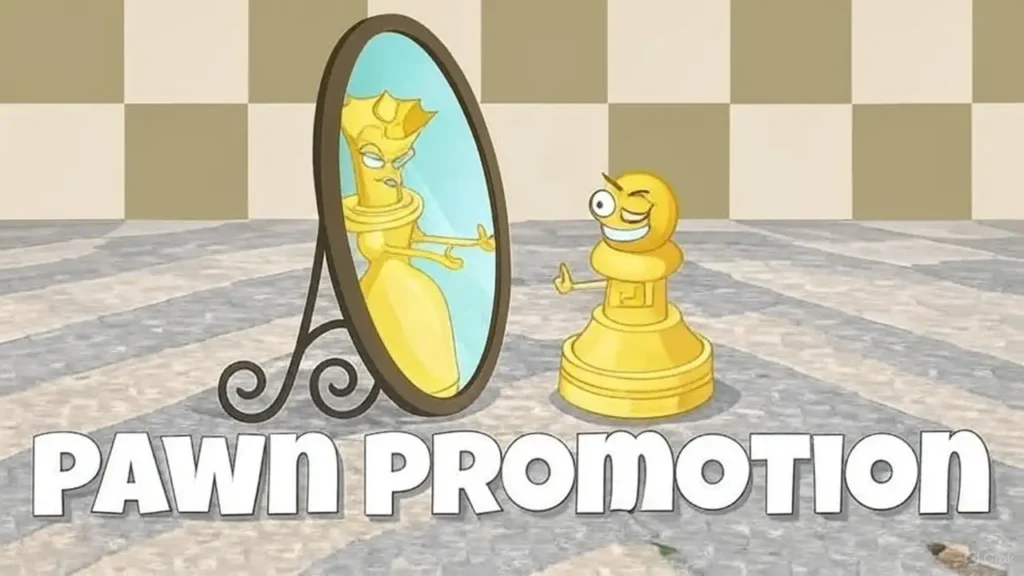
Chess 101
What Happens When Pawns Reach the End
When a pawn reaches the farthest rank. it promotes. Promotion is one of chess’s most decisive rules. It transforms a...
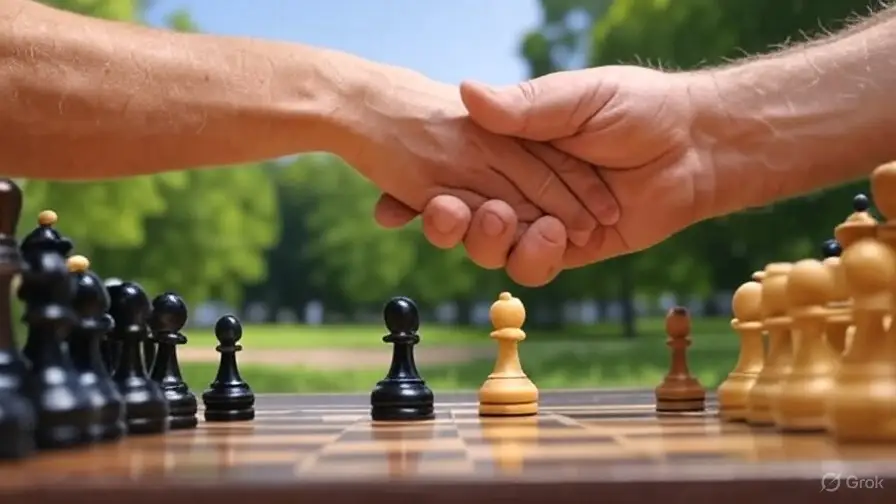
Chess 101
How Chess Games End in a Draw: All Rules You Need to Know
Not every chess game ends with checkmate. In fact, about 60% of the games between strong players end in a...
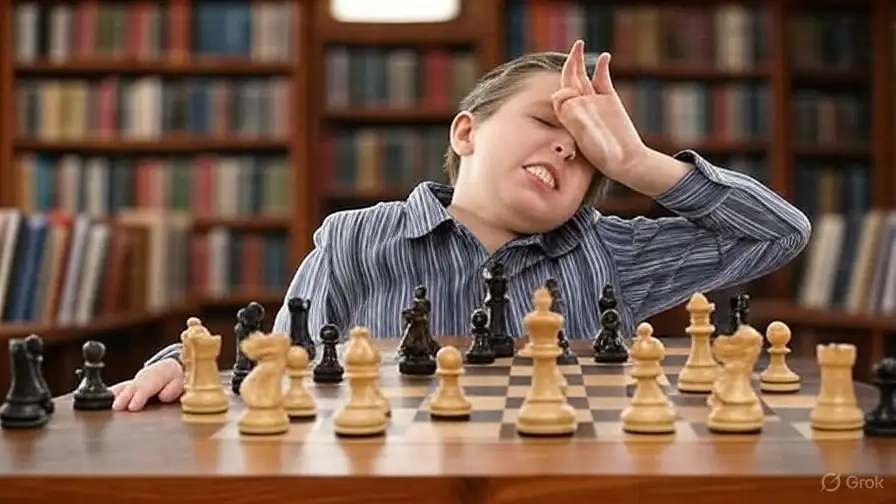
Chess 101
Illegal Moves and Touch-Move Rule Explained
If you’ve ever played a serious chess game, you’ve probably heard someone say, “You touched it—you have to move it!”...
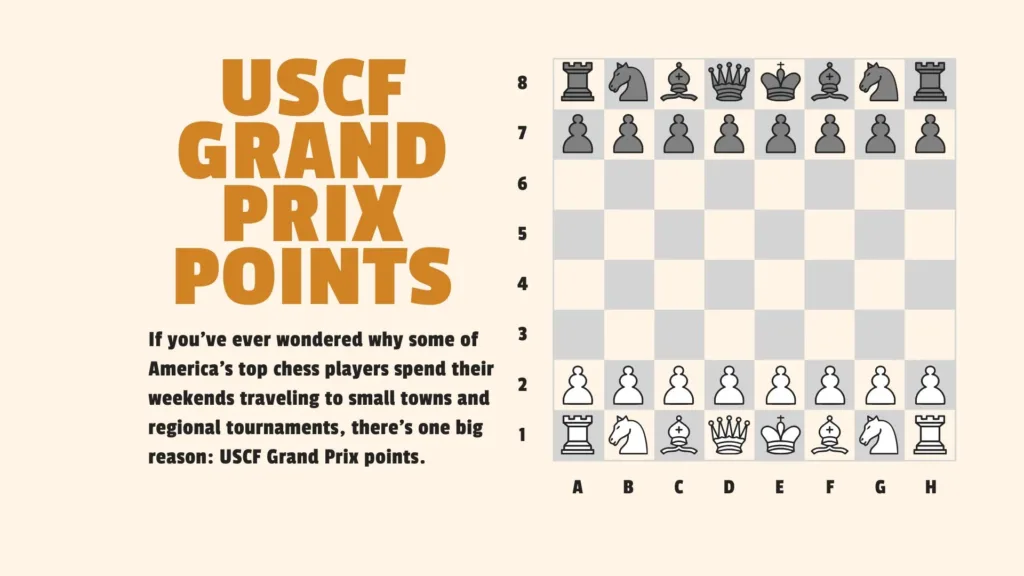
Chess 101
USCF Grand Prix Points: A Complete Guide
If you’ve ever wondered why some of America’s top chess players spend their weekends traveling to small towns and regional...


